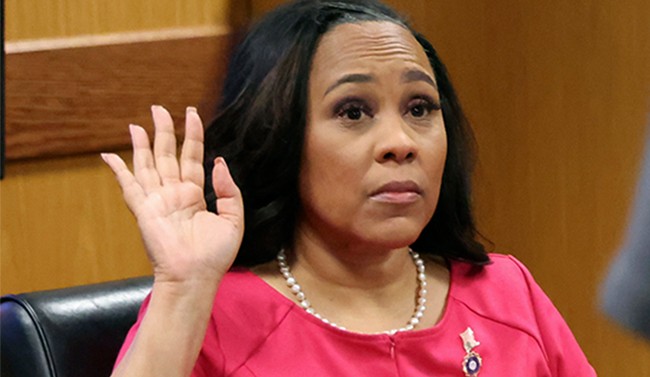Austria's Political Tides Shift with Far-Right Gains
As Austria votes for a new parliament, the far-right Freedom Party eyes its first national victory amid anxiety over immigration and inflation.
Published September 30, 2024 - 00:09am

Image recovered from rtl.de
Austria's political landscape faces a significant transformation as nearly 6.4 million citizens are called to vote in the latest parliamentary elections. The primary contenders are the far-right Freedom Party of Austria (FPÖ) and the conservative Austrian People's Party (ÖVP), led by Chancellor Karl Nehammer.
According to recent polls, the FPÖ, led by Herbert Kickl, competes closely with the ÖVP. Kickl's party stands at 27%, while Nehammer's faction trails by a slight margin at 25%. The center-left Social Democrats hold 21% of voter support.
The FPÖ, under Kickl's leadership since 2021, aims to secure the chancellorship, a position it has never held. Kickl's rhetoric has sparked controversy, using the term Volkskanzler or chancellor of the people, historically associated with Adolf Hitler. Though Kickl dismisses such comparisons, his aggressive stance on immigration and national security resonates with a significant portion of the Austrian electorate.
This election follows a surge in support for far-right parties across Europe, driven by public concerns over high inflation, the war in Ukraine, and lingering effects of the COVID-19 pandemic. The FPÖ's election agenda includes stringent immigration controls, advocating for the remigration of non-European citizens, and a critical stance on sanctions against Russia
In a milestone election held on September 29, 2024, the FPÖ achieved a historic win, gathering 29.1% of the vote, based on projections by the Foresight Institute for public broadcaster ÖRF. This triumph marks a dramatic rise from their 16.2% vote share in the 2019 elections, which were marred by the Ibizagate corruption scandal. The scandal saw former FPÖ leader Heinz-Christian Strache resign after a hidden-camera video surfaced, showing him possibly offering government contracts to a supposed Russian investor.
The ÖVP, on the other hand, garnered 26.2%, followed by the Social Democrats at 20.4%. Liberal parties such as NEOS and environmentalist Greens lagged, with 8.8% and 8.6% of votes, respectively. Despite these results, forming a government remains uncertain, as Kickl's policies and history make him a divisive figure. Analysts foresee a potential three-party coalition involving the ÖVP, Social Democrats, and NEOS, unprecedented in Austrian history.
Kickl's FPÖ portrays itself as defenders of Austria's identity, proposing policies aimed at maintaining a homogeneous nation. This stance aligns with the growing sentiment across Europe against uncontrolled immigration and perceived threats to cultural values.
This election also witnessed the perpetual struggle for power among traditional parties. Nehammer's ÖVP has endured a decline in popularity, attributed to various crises, including high inflation averaging 4.2% over the past year—exceeding EU averages—and the controversial COVID-19 vaccine mandate. Nehammer seeks to present his party as the stabilizing force amid global uncertainties.
The political scientist Peter Filzmaier notes that these crises have eroded conservative support. Nonetheless, Nehammer has somewhat narrowed the gap with FPÖ, positioning himself as a crisis manager during recent floodings in Austria and Central Europe.
Kickl's leadership, emphasizing aggressive nationalism and immigration control, resonates with voters' frustrations over economic and societal pressures. His platform's focus includes ending sanctions against Russia, criticizing Western military aid to Ukraine, and exiting the European Sky Shield Initiative.
As Austria navigates these political waters, the far right's victory triggers a seismic shift in the nation's governance future. Though Kickl's path to the chancellorship is obstacle-ridden—given widespread opposition from political rivals—the FPÖ's growing influence is undeniable.
This uncertainty looms as voters like Isabell Hacker express apprehension about a potential Kickl-led government. Many Austrians' anxiety and discontentment with established policies underscore the elections' tight race, heralding a transformative era for Austrian politics.
While the FPÖ's ascent marks a turning point, the implications of their victory for Austria's domestic and foreign policies necessitate close scrutiny. The country's political evolution will significantly influence not only its internal dynamics but also its relationship with a rapidly evolving European landscape.






